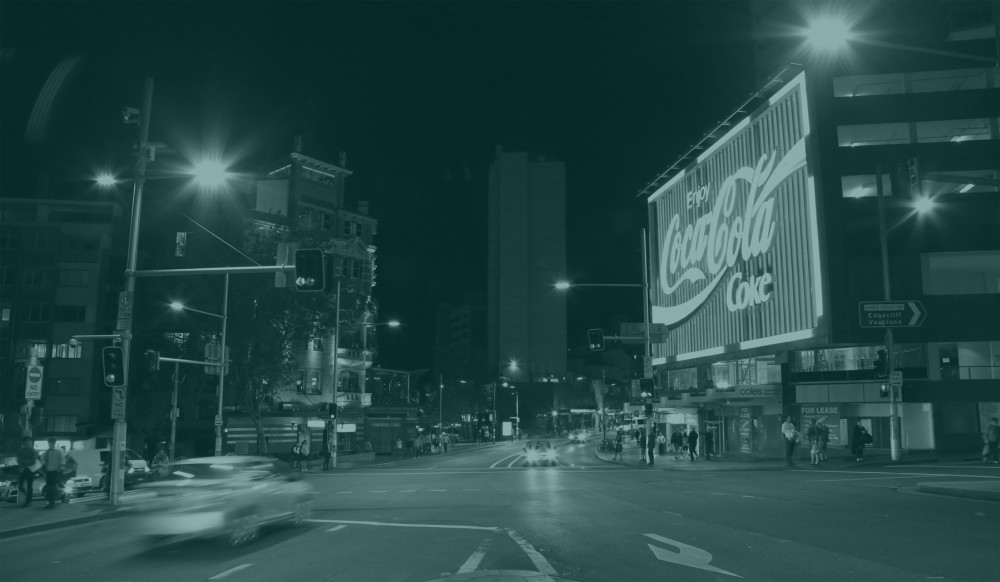Sydney Lockouts: A Primer

In February of last year the State Government announced new lockout laws for inner city venues alongside other restrictions and legislations aimed to curb alcohol and drug related violence. More than a year on and the law’s effects have been felt by both industry and public.
The sweeping laws and restrictions were introduced with little consultation of the industries set to be effected and as a result, losses and staffing cuts were seen by many live music venues caught unprepared for the changes. The laws were so damaging that Potts Point venueThe BackRoom as well as the Flinders Hotel had to close down. The BackRoom owners later opened a similar venue just outside the lockout zone. Flinders reported a 60%reduction inbusiness since the introduction of the laws last year.
The new changes in the law came with the Liquor Amendment Act 2014 which on top of the lockout, established a freeze on most liquor licenses as well as approvals for premises inside the CBD Entertainment Precinct where the lockouts are enforced. On top of all of this, it was recently announced that Brisbane will be the next city to receive the controversial laws.
The Legislative Assembly Committee On Law And Safety released their report in November last year as a preliminary enquiry into drug and alcohol-related violence. Various participants in the inquiry have brought attention to the fact that with lockout laws and alcohol becoming less readily available, more and more people are turning to illicit drugs as they are more available after lockout when alcohol isn’t.
The report also suggests that the lockouts have created displacement of people who are turning to underground rave and warehouse parties once they are locked out of venues in the Kings Cross area. Stakeholder Lachlan McGrath notes:“What has occurred is an exodus from Kings Cross and the movement of parties underground. Warehouse parties and house parties have both increased in regularity at younger patrons do not see the worth of going out following the introduction of these laws. These parties have an increased rate of drug use (which is already prevalent in Australia), have dramatically inadequate if any security and no Responsible Service of Alcohol enforcement.”
Further to this, several other participants in the inquiry share the same sentiment.Though the laws were introduced with people’s safety in mind, it could prove to be doing the opposite with more and more younger patrons attracted to the ideas of these underground parties. “Why would I go to a club when I could more easily enter a big warehouse full of people with better mentalities, with my own […] drinks and usually better music, completely unpoliced,” states one participant.
The fourth chapter of the report addresses the impact of the recent measures on residents, businesses and tourism. While the response is definitely mixed on both ends, there are certain points illustrated linking live music to be beneficial in attempts to curb alcohol and drug-related violence in environments such as Kings Cross. The points illustrated work with the City Of Sydney's OPEN Sydney strategy, a plan to create a global, connected, diverse, inviting, safe and responsive Sydney.“In line with the OPEN Sydney strategy we strongly advocate for the provision of a more diverse night-time economy with more non-alcohol activities available to this younger audience," said stakeholder City Of Sydney.
"[…] Live music and performance activity has a significant role to play in changing the night time environment in central Sydney. Qualitative research undertaken previously suggests that such activity can have the effect of reducing alcohol consumption and/or providing a safer, more welcoming environment."
The findings of the report suggest that the measures taken are proving to be successful in reducing alcohol and drug-related violence in the targeted Kings Cross and CBD areas. The recommendations put forward to improve on the laws are diverse and range from developing a boundary to measure drug and alcohol fuelled assault, monitoring the number of warehouse parties taking place, reassessing the laws with their effects on culture and tourism as well as many others.
It’s now been five months since that report was released and we are now just two months out from the commencement of the government’s review of the laws, where it willprocessa years’ worth of data. While we wait for any official data, various parties involved in the culture surrounding Kings Cross, and nightlife in the CBD in general, have put forward some figures or at the very least given indication as to whether or not the laws have been a success.
In January Mark Winder, a neurosurgeon at St Vincent’s Hospital stated that since the laws were in place there has been a noticeable reduction in“the numbers and the severity of type of injuries”. Just over a week ago the Bureau of Crime Statistics and Research (BOCSAR) released the findings of their own study and found that assault in Kings Cross is down 32% while assault in the Sydney CBD Entertainment Precincts sawa drop of 26%.
In a report bySMH, director of BOCSAR Don Weatherburn states:"The drop in assaults in Kings Cross was simply precipitous. The drop in Sydney was a little bit slower but just as big," continuing to say that "It is certainly one of the most dramatic effects I've seen in my time, of policy intervention to reduce crime."
The government's findings will come at a critical no doubt provingto be a strong reference point for the city of Brisbane, which is now on track to receive their own versions of the lockouts. Regardless of the outcome, no changes are likely to be made to the laws until 2016, adhering to a promise made byNSW Premier Mike Baird to Ralph Kelly, the father of Daniel Kelly who was killed in an unprovoked attack in the cross in 2012.

































